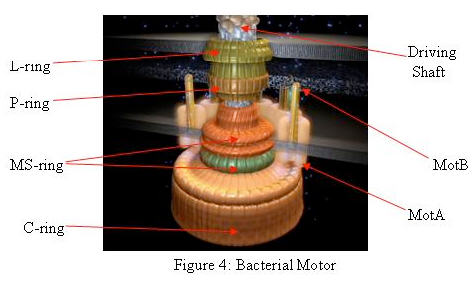Today's microdevices rely on external energy sources, severely limiting their mobility and autonomy in biofactory environments. New research by a group led by Dr. MinJun Kim at Drexel seeks to use a monolayer of harmless, genetically modified bacteria as a power source, which would allow future “nano-bots” to be both autonomous and self-contained.
When fabricating nanoscale motors and in developing micron-scale power sources, the actuating of fluids in microfluidic systems is usually achieved through the use of large external actuators. Dr. Kim's team is exploring the possibility of using microorganisms as a method for fabricating nanoscale elements.

The team used existing culturing techniques and developed effective, simpler and cheaper techniques to manipulate, control, and track micron scale structures. In the future, this multidisciplinary project will provide an outstanding educational opportunity for both graduate and undergraduate students from various engineering disciplines.
Although the project is in its embryonic state, in future, this technology will power micro-factory that will assemble and disassemble parts of micro-machinery.
The Bacteria Actuation, Sensing and Transport team advised by Dr. MinJun Kim is working on harnessing the power of bacterial motors for engineering applications. Members of Dr. Kim's team include a Ph.D. candidate, Edward Steager, and four mechanical engineering seniors: Jigarkumar Patel (BS/MS candidate), Socheth Bith (BS/MS candidate), Chandan Naik (BS candidate), and Lindsay Reber (BS candidate). For more information on Dr. Kim's team, see the Team/References.
Download the full report.
- Drexel University






Comments